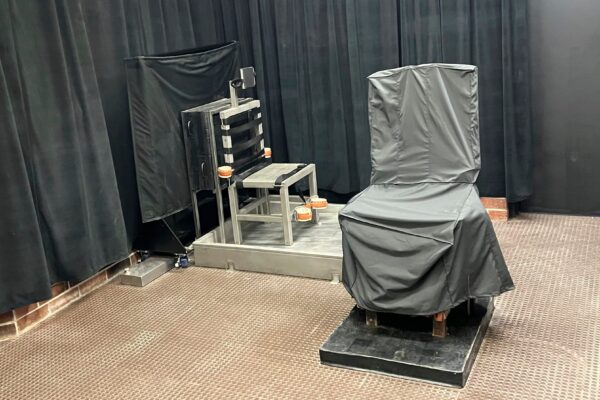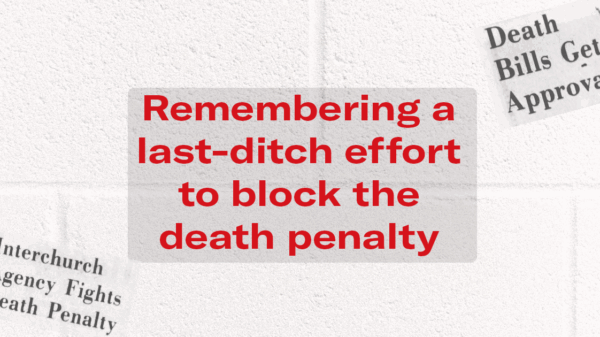As South Carolina prepares to resume executions for the first time since 2011, we wanted to share some hard facts about the death penalty.
- The death penalty doesn't make us safer. In fact, between 2010 and 2018 the murder rate was 20% lower in non-death penalty states compared to death penalty states.
- The death penalty system is racist in practice. Black people make up more than half of the residents of South Carolina’s death row despite comprising only 26% of the state’s population. Nationwide, we know that a Black male is 18 times more likely to receive a death sentence if the victim was white versus Black.
- The death penalty is costly. Studies consistently find that the death penalty system costs taxpayers at least 2 to 3 times more than a system of life without parole. One study in North Carolina found that repealing the death penalty could have saved the state almost $22 million over the course of just two years.
- Courts make mistakes. South Carolina's courts have convicted and sent at least 2 people to death row who were later acquitted. When new evidence arises, there is no opportunity for justice if we have already killed someone. This is one of the ways that the death penalty precludes justice rather than advancing it.
At the ACLU of South Carolina, we believe the death penalty is both immoral and unconstitutional. As a deterrent and a remedy for crime, it has no effect and no purpose. We believe that the death penalty should be abolished, no matter the method.
There are, however, important concerns to be raised about the state’s methods of killing.
The methods
“According to expert testimony, there is no scientific or medical justification for the way South Carolina carries out judicial electrocutions,” Fifth Circuit Judge Jocelyn Newman wrote in September 2022 order that temporarily stopped the state from resuming executions.
As for the firing squad, she wrote, “This constitutes torture, a possibly lingering death, and pain beyond what is necessary for the mere extinguishment of death.”
This leaves us with lethal injection, which has been on hold after pharmaceutical companies stopped selling their products to death penalty states and our existing supply expired. To get around this obstacle, Gov. Henry McMaster signed a law shielding the identities of companies that sell lethal drugs to the state.
We need public accountability more than ever when it comes to lethal injection. Lethal injection gives the superficial appearance of clinical, painless death, but that is not the case. In fact, more than one-third of executions in the United States in 2022 were botched. Witnesses and execution teams watched in horror as they tortured condemned people to death.
The effects on us all
Proponents of the death penalty, including Governor Henry McMaster, have presented emotional appeals for why the state should resume killing its residents. But we know that not all victims' families want the state to kill in their name. Rev. Sharon Risher, for example, has been campaigning against the death penalty even for Dylann Roof, the man who murdered her mother. When considering the death penalty, we must also consider the trauma that execution inflicts on the executioners themselves.
When the state kills, it does so in all of our names. We should consider the facts and stop this violence before it begins.
Here are some more resources for understanding the death penalty:
The case against the death penalty (ACLU)
The Death Penalty: Questions and Answers (ACLU)
Wasteful & Inefficient: The alarming cost of the death penalty (Equal Justice USA)



